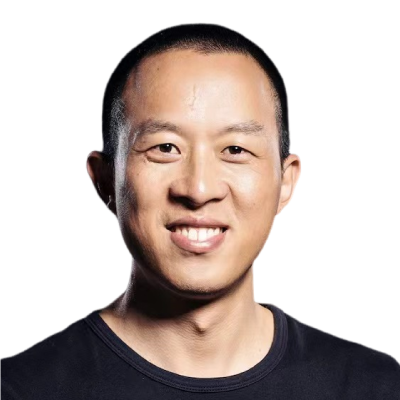-
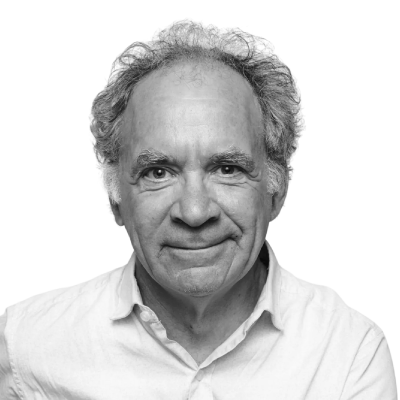 Barry Katz
加州艺术学院&斯坦福大学
教授
Barry Katz
加州艺术学院&斯坦福大学
教授
柯柏瑞曾就读于蒙特里萨的麦吉尔大学和伦敦经济学院,并在加州大学圣克鲁斯分校获得博士学位。他是旧金山加州艺术学院工业与交互设计荣誉教授,曾任斯坦福大学机械工程系设计组兼职教授。作为IDEO首位研究员,Barry在世界领先的设计和创新咨询公司工作了20多年,并继续为世界各地的政府,公司和学术机构提供咨询服务。
他关于设计作为一种创新策略的文章出现在许多学术、专业和流行期刊上。他是八本书的作者,其中包括与蒂姆·布朗合作的《设计改变》,该书探讨了设计思维作为商业战略的本质,以及与布兰科·卢基奇合作的《非对象》,该书对“人与产品之间的空间”进行了概念性探索。他目前的兴趣包括乌克兰战后重建和硅谷大流行后的工作场所。
“四大件”:人工智能的历史视角
在现代历史的长河中,三大变革波澜壮阔地展开:蒸汽动力的出现,引领了从手工艺向大规模生产的伟大转变;电的发现,革命性地改变了我们感知外部世界的方式;计算机科技的飞跃,则显著加速了各个领域的生活节奏。这些,远不仅仅是孤立的发明,它们被经济学家誉为“通用技术”——一种强大到足以改变每个行业、触及生活各个层面的技术。
据世界经济论坛的广泛报道,我们正处于一个崭新时代的门槛上,这个时代被称为“第四次工业革命”,由人工智能的最新进展推动前行。
借用中国古老的口号“四大件”,我将在这次演讲中提出,我们可以从四个维度来深入探讨这一轨迹的深远影响:对人体、人类感官、人类智力以及当今人类的思想。这些影响,无疑是惊人的,它们将重塑我们的生活、工作和认知方式。
1、在日常生活与专业实践中,发现比寻常更广阔的视野
2、面对当今现实世界的紧迫现实,我们应承担无法回避的责任
3、呼吁设计专业人士从繁复的细节中抽身出来,认真思考他们工作的影响
-
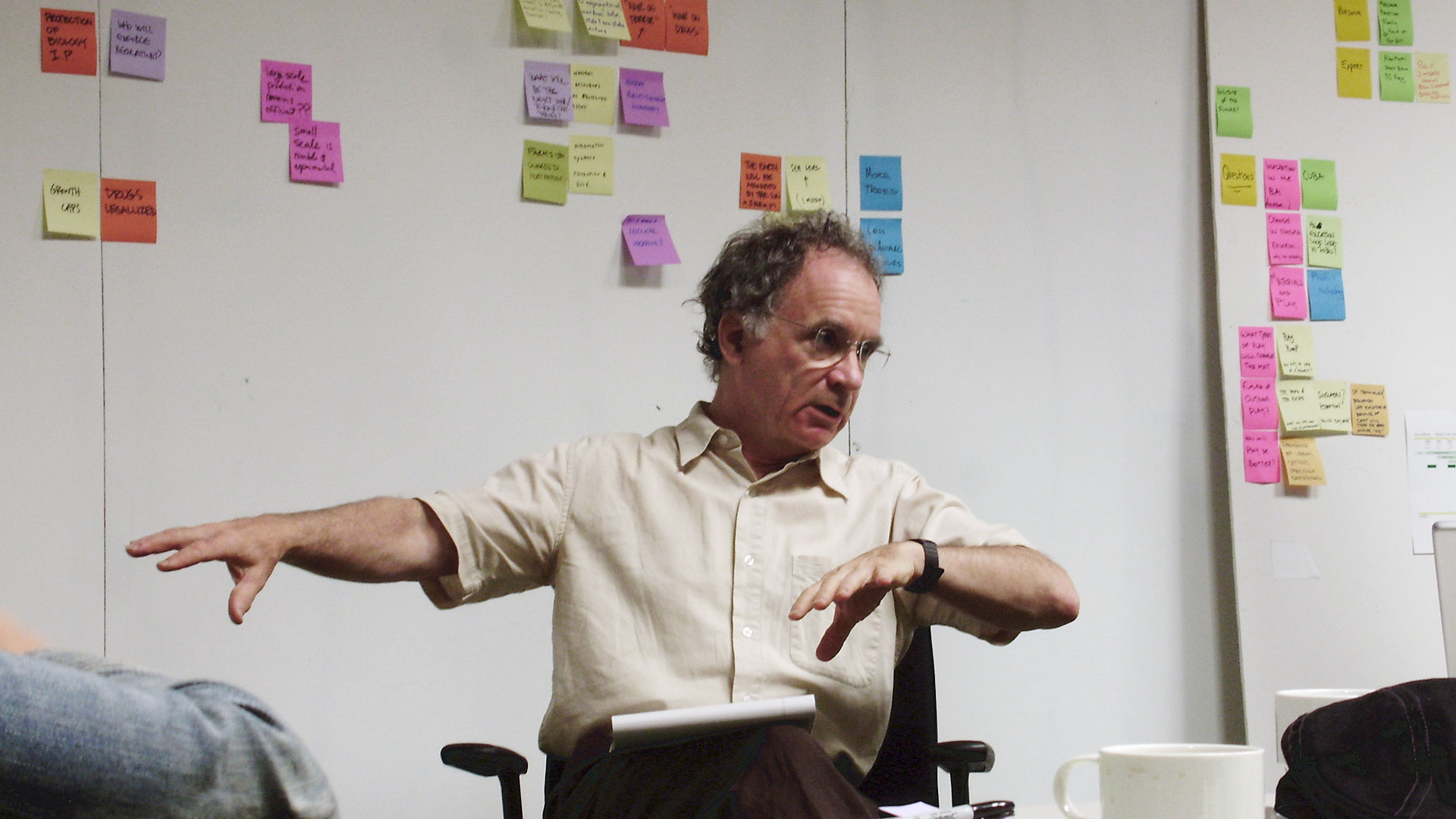 Barry Katz在加州艺术学院授“设计思维”课程
Barry Katz在加州艺术学院授“设计思维”课程
-
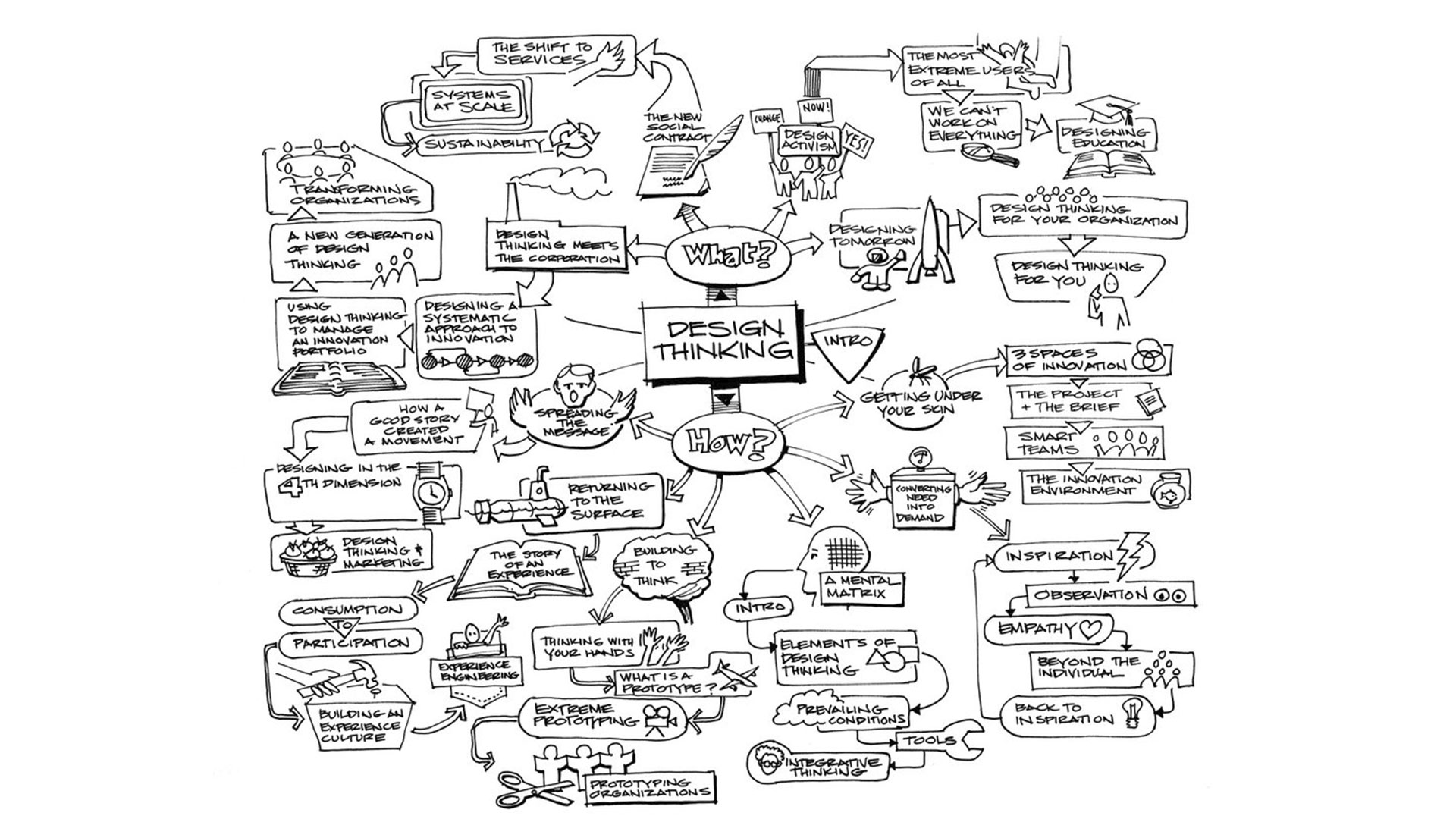 Tim Brown和Barry Katz提供关于“Design Thinking”的思维导图
Tim Brown和Barry Katz提供关于“Design Thinking”的思维导图
-
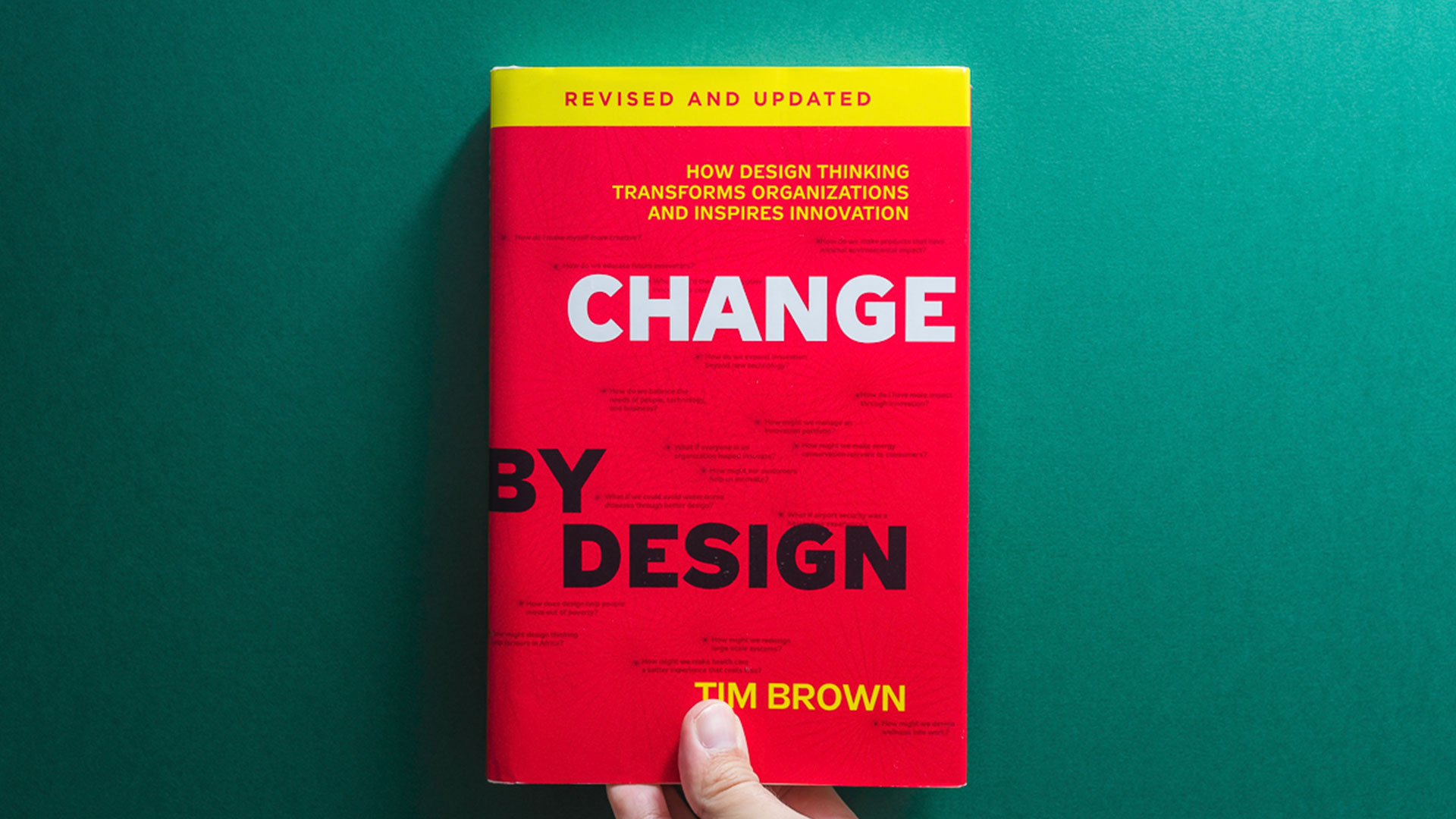 Barry Katz与Tim Brown合作了《Change by Design》
Barry Katz与Tim Brown合作了《Change by Design》
-
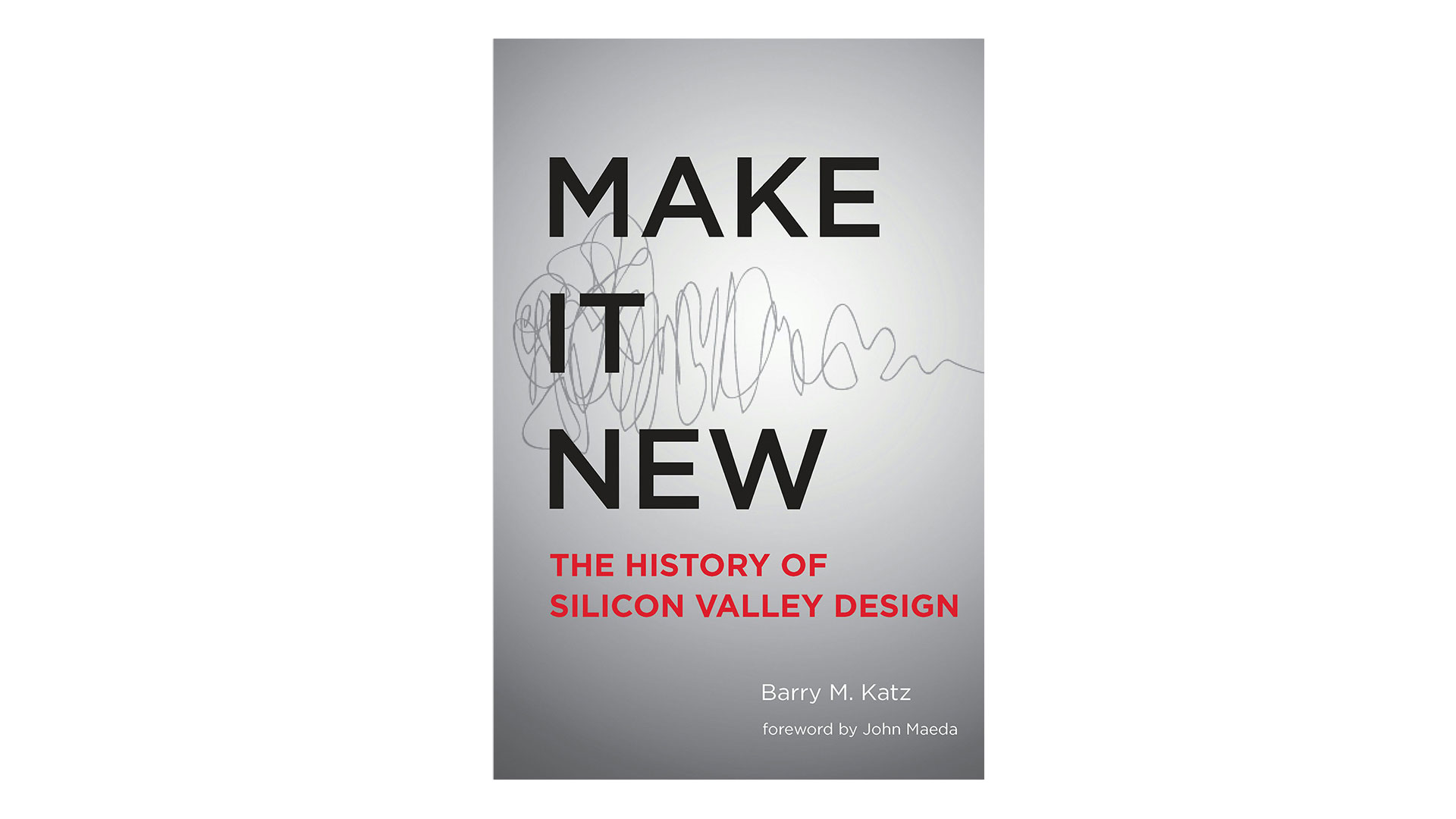 Barry Katz最新的书《Make It New: A History of Silicon Valley Design 》
Barry Katz最新的书《Make It New: A History of Silicon Valley Design 》
